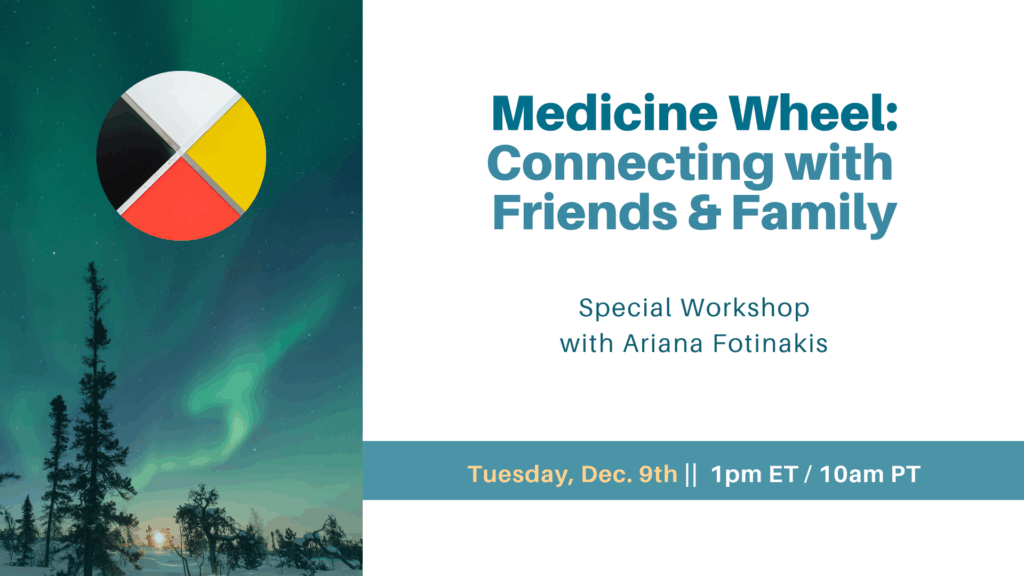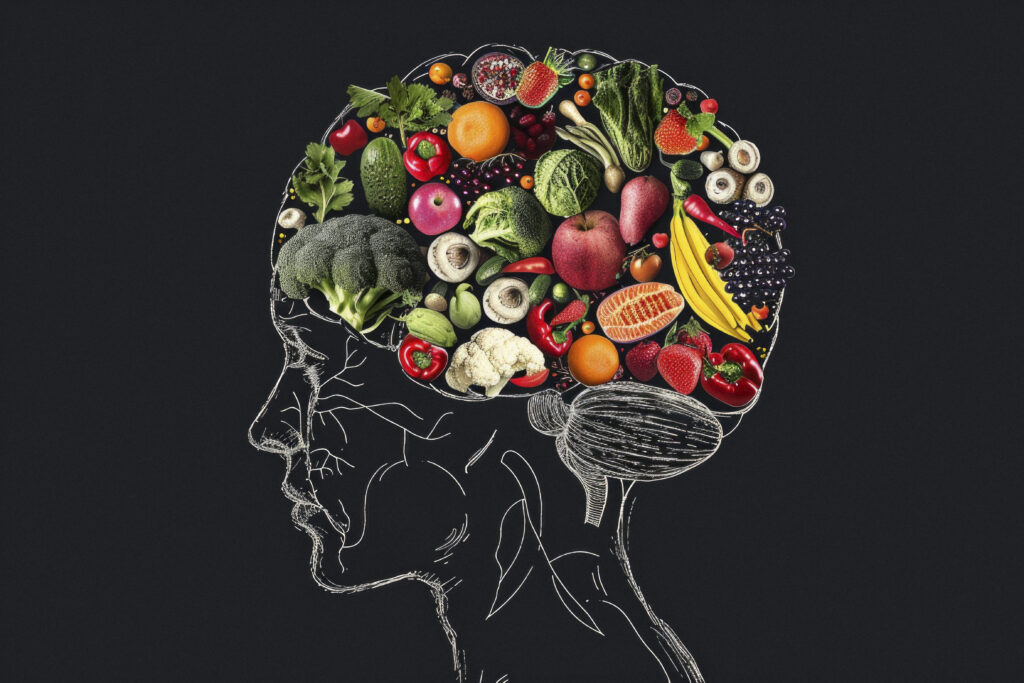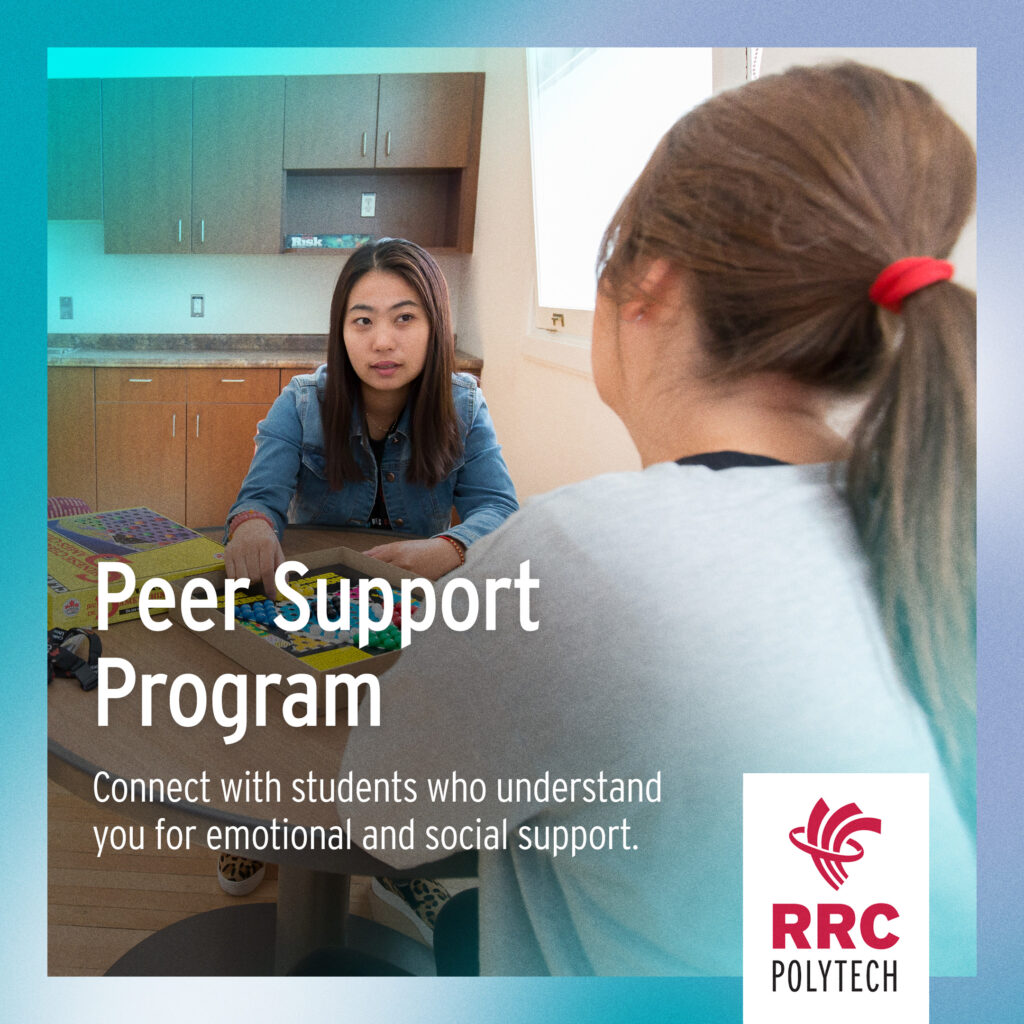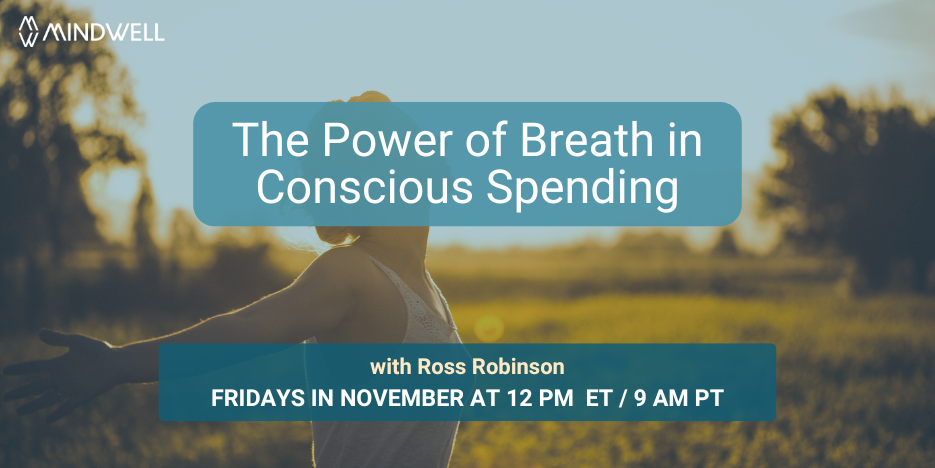January 2026 at MindWell
Campus Well Being is launching the MindWell Take 5 challenge on January 7, 2026.
Set up your MindWell account today and get ready to Take 5 in 2026!
A new year is just around the corner, and January at MindWell is all about helping you step into 2026 feeling energized, grounded, and ready for what’s ahead. MindWell is kicking off the year with classes designed to warm up your body, reset your focus, and help you reconnect with healthy routines after the holidays. Register or log on to your free MindWell account here.
What’s on offer?
Warm Up from Within: A Mindful Winter Reset Cooking Workshop
As New Year’s resolutions take hold, discover a more subtle and sustainable path to well-being that goes beyond crowded gyms and strict diets. This workshop is dedicated to nourishing your body from within through whole foods.
You will learn to curb sugar cravings and gently reset from holiday indulgences with dishes like:
- A versatile Vegetarian Green Curry (complete with a Curry Chart for endless combinations!)
- Homemade Pumpkin Chocolate Chip “Mookies” – your new favourite grab-and-go snack or meal replacement.
Plus, access a comprehensive recipe booklet featuring charts and simple nourishment suggestions to help you rebalance your energy, restore your digestion, and reconnect with your body’s natural rhythm all winter long.
*All recipes are gluten and dairy-free and easily adaptable with your protein of choice.
Tuesday January 20th at 12 pm CST. Register here.
New Year, Aligned You
This isn’t just a class; it’s an intentional reset for your entire being. Integrate mindful breathing, gentle strength-building, and reflective pauses to tune your body and mind into the same rhythm. Step away with renewed energy and a clear sense of direction for the year ahead.

Fridays at 11 am CST. Register here.
Pilates for Spontaneous Zest
Joseph Pilates believed that physical fitness was the first requisite of happiness. In this class, you will explore invigorating Pilates Mat exercises that engage the muscles and invigorate the mind to help you feel moments of ‘spontaneous zest and pleasure’ as Joseph Pilates describes in his book.

Thursdays at 11 am. Register here.
Mindful Movement & Vitality
Discover how mindful practices can deepen your connection to your body, and tap into greater awareness, knowledge and wisdom. We’ll also learn techniques to integrate awareness into your daily physical activities, enhancing well-being from the inside out.

Wednesday at 11 am CST. Register here.













































